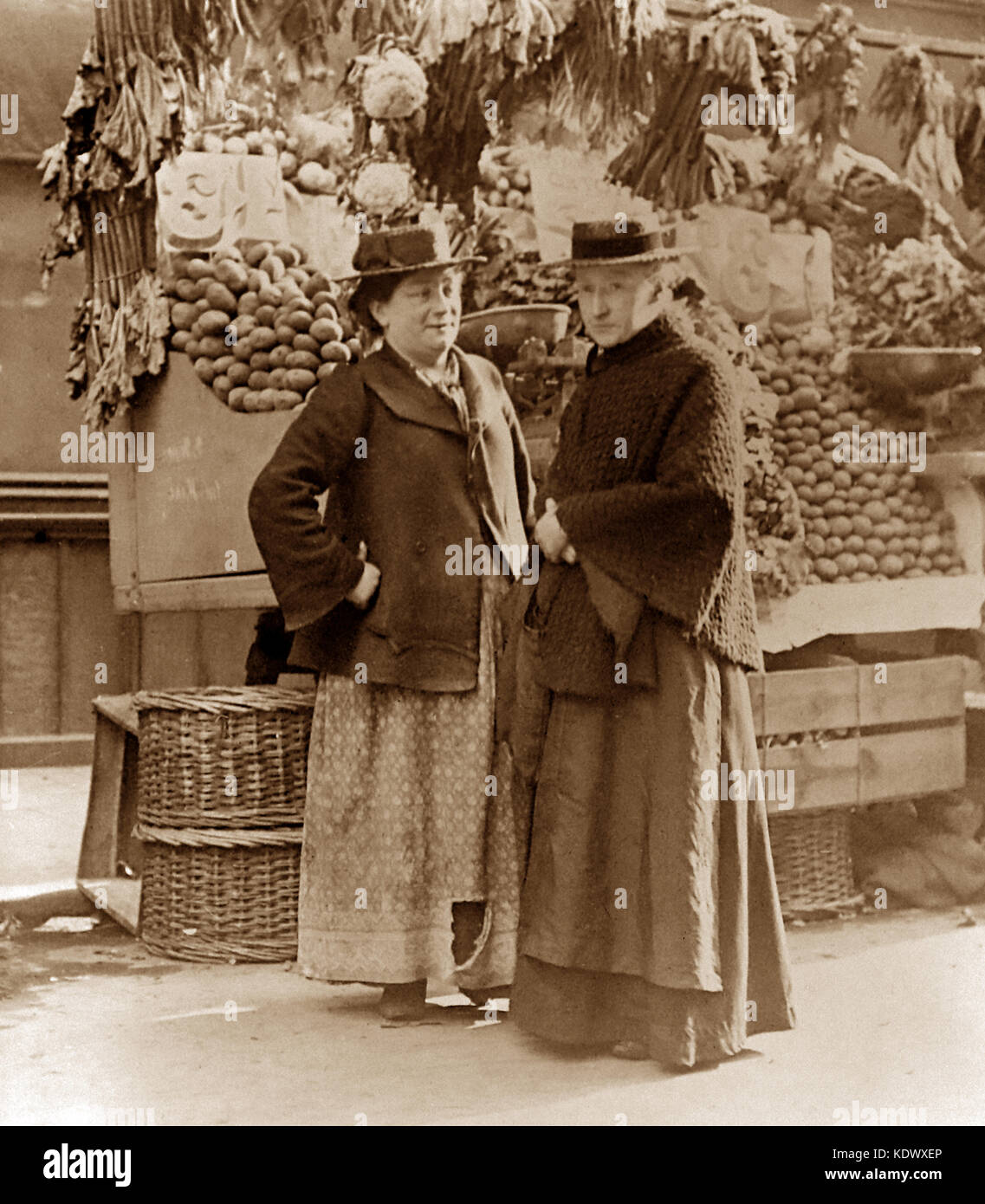Ever since we started second year of college, we knew we were going to devise a show and eventually, perform it in the Theatre for Christmas. But the first step we had to take and probably the most tricky one was coming up with a story, a plot that allowed us to devise an entire play. Still, it didn't take us long, as Michael came up with the idea of a world where Christmas didn't exist. And we all considered this was a good idea, as it offered us the possibility of developing an interesting plot. Then the developing process started.
Some of the first thoughts/idea we had were; 'What if it was happening in the future?'; 'Why is there no Christmas?'; 'Maybe it should be banned.'; 'But who could ban it and how?'; 'Maybe we could have a bad Santa or even worse, a social hierarchy where the leader is prohibiting it.'; 'But we're in the future, what about a magic machine that could help him do that?'; 'Still, we need a plot.'; 'What about someone that was trying to save Christmas?'; 'Ooh, maybe it could be Santa! And the kids can help him. Yes!' These were, perhaps, the questions and ideas on which we built up the action. Some of the things we thought about in the first place, we kept them whilst some of them were taken out.
RESEARCH
For this play, in particular, the research we had to carry out was vital, as we needed to recreate aspects from history, on which we've built the story. Doing our homework was necessary.
As I was involved in the World War II and the scene was called ''No man's land'', I was instantly curious about what exactly it meant, what happened in that place and why. Everyone knew about it and I have to admit, I didn't, but once I went on the web I found out why it was so famous. It was a truly inspiring action to do, soldiers giving up war for one day, giving to each other chocolate and scotch and celebrating with a match of football. It felt like kindness and the spirit of Christmas triumphed over everything else and that is why this history event had to be included in our play.
For the football match, we did like a choreography. Initially, when Rob asked me and Chloe to think of a choreography, I was planning a whole dance routine of abstract movements, but as a group, we decided to keep it simple and effective, so, firstly we established the order in which we're going to pass our imaginary ball. Then, we did the routine in slow motion, as the music was accompanying us. It turned out better than we were expecting and I was amazed of how much impact some simple average moves can have when there is an order and discipline between the performers. We added emotion, both facially and physically and a narrative; it turned out the Germans won.
As a street trader, I had to do research about the Victorian era and the modern one, too. I inspired myself from pictures I found on the web for clothes they used or use to wear, such as these below:

Victorian Street Traders

Modern Street Traders
For both scenes that are happening in the market, we used the traders and their customers for the background action, as the kids' conversation was the focus.
I really enjoyed it, being a part of that, because we easily found a narrative and improvising with the other actors without using verbal language is a nice experience and a good exercise.
4 SHOWS
Having a total of 4 performances has been a helpful new experience, because I could notice the slightly different quality of each one them.
From my point of view, the best show was the very first one, because we didn't know what to expect, especially talking about the audience. Or even from ourselves; there were a lot of things that could go wrong, I think that's why we all stayed focused.
I believe this is the first time when we had to spend so much time working with each other; 4 times performing in 2 days was totally an experience that introduced us to the feeling of being professional and making compromises, such as cancelling plans or other responsibilities in order to have the whole day free or such as waiting hours in between shows.
Personally, this experience has also taught me the importance of doing a performance for its own sake, as the audience wasn't very numerous. I've learnt how important it is to give your best, even though there may be only a pair of eyes watching, for example, because it is about quality, not quantity. I agree, the point of theatre is to reach to as many people as possible, but if you don't know to appreciate one person watching you, you won't appreciate 100 either.
FIRST TIME IN A COMPANY OF 26
The feeling of being connected by the same objective was present since the first day of devising till the last performance.
There were moments where the lack of concentration affected our work, but as a group we gave each other the power to keep going.
DRESS AND TECHNICAL REHEARSAL
The last 2 days when we had to make sure we went through all the things that we were 'confused' about were so important.
We've done the whole performance pretending we had an audience just to get used to changing quickly our costumes and being in time on stage. It also helped me to know where I should leave my things in the backstage for the next scenes,such as my black hat or my soldier jacket, so it wouldn't be a problem for me if I had to change and run back on stage.
In our dress and technical rehearsals I discovered mistakes that I didn't know we had, as we hadn't run the show properly before, such as how long will it take us to change for the last scene, when we had no one on the stage and also when and how to enter to also give Ben time to be ready.
For the very beginning we didn't know that we were going to wait for so long on the stage, frozen, until the audience found the way to their seats, so in these rehearsals, practicing as if it was an official performance, it made it clear for all of us about how is it going to be.
SKILLS I'VE DEVELOPED
FOCUS - Perhaps the skill that helps me the most to ease my mind and connect with the character’s thoughts. I’ve learned that without discipline and without being ready to give all of you at the requested time, there will be no results, no improvement. Focus is a part of the discipline every actor has to have and it is mostly important when you are working with a bog group, where chaos can make an appearance at any point.
GOOD RESPONSE TO OTHER ACTORS - Working on a play means I am working in a team, where we all are equal and important. A good connection between the actors both on stage and rehearsals is important for the audience, as every details is obvious on stage. If there’s no teamwork, the outcome might be disappointing and no audience expects that from a show.
STAGE AWARENESS - My opinion is that the stage is like a home for the actors and it is a good thing if you keep that feeling of comfort to boost your confidence in moving around as you own the place, because you do own the place. For an hour or two or however long the play will last. SUBTEXT - Whenever I get a new character, without even realizing it, I am building up an image in my head. As an actor, what I always need to do is take that image, check if that’s the one I really want and add a story to it. And so the character becomes real. As I’ve observed, I am good at keeping that story in my head and go through it, while really embracing it. These thoughts give the character a purpose and reasons, which is why I consider having a strong subtext is the basic thing an actor should do.
MY PERSONAL OPINION ABOUT THE SHOW
I, personally, believe this show is the best so far, which is a good thing, meaning we are only going into one direction: the direction of progression.
I am saying this mainly because this time we had the opportunity to play around with the characters. We could invent, we could build up, we could exaggerate if it felt right, after all it was a pantomime.
We felt the freedom this play gave us, as we devised it and I think that helped us a lot in term of making it our own.
EVALUATE MYSELF
Over these last 4 performances I could notice that I've applied the skills that I have been learning during this course. I was aware of the stage and the space around me, I was listening and reacting to my fellow actors, I spoke up, I took my time and kept my subtext.
I am happy with the improvement process I've went through and even though there will always be place for the better, I am patient and I trust the process.
